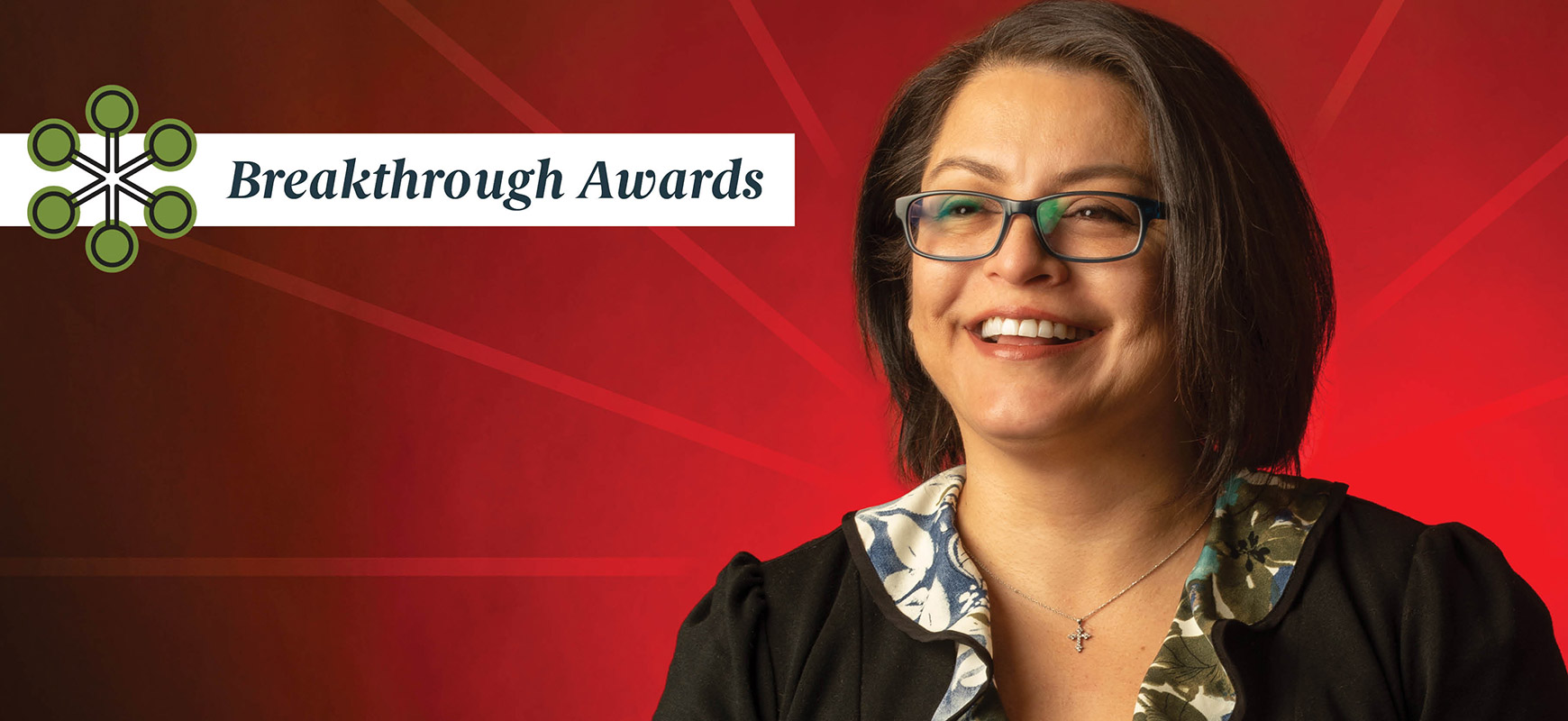
Making mathematical sense of complexity
Researcher explores interface between math and biology
Posted on: July 5, 2019; Updated on: July 5, 2019
By Julie Smith Turner, turne292@mailbox.sc.edu
You don’t have to understand Paula Vasquez’s mathematical experimentalism to appreciate what it can do. Her mathematical models bring theoretical and computational reasoning to ultra-complex biological functions such as mucus flow in the lungs and cellular dynamics in yeast cells.
“Mathematical models are critical to understanding and accurately predicting the behavior of complex systems,” says Vasquez, an associate professor of mathematics at the University of South Carolina. “Mathematical modeling can help develop a scientific understanding of an unknown system, test the effect of changes in a known system, and aid in decision making to improve functionality.”
Interdisciplinary research has emerged as one of the key aspects in pushing fields forward and accelerating scientific discovery.
Paula Vasquez, mathematics
Vasquez explores the interface between math and biology with the objective of answering complex questions through modeling and numerical simulations. She has focused some of her mathematical modeling on mucus, which, in a practical sense, influences inhalation therapies for patients experiencing acute lung infection.
A member of the mathematics department since 2013, Vasquez secured an NSF award one year after her arrival and received a prestigious NSF CAREER award in 2018.
In the classroom, Vasquez is expanding how her students learn and experience both math and science. “Interdisciplinary research has emerged as one of the key aspects in pushing fields forward and accelerating scientific discovery,” she says. “My research projects offer a unique opportunity to combine wet lab sessions with mathematical modeling and software development.”
Vasquez established the university’s Complex Fluids Lab, where math majors learn how to apply experimental principles to formulate mathematical models and interpret the data. Non-math majors learn how mathematical models provide rigorous information about a given process arising from experimental data and afford predictions beyond the experiments. The advanced lab has catapulted the department into the ranks of the nation’s most elite mathematics departments.
In addition to being actively engaged in graduate and undergraduate student advising and mentoring, Vasquez is also working on another model — inspiring more women to pursue careers as scientists and engineers.
Share this Story! Let friends in your social network know what you are reading about